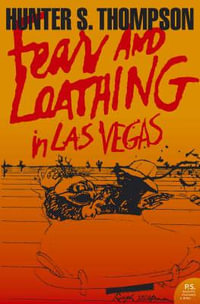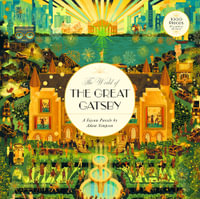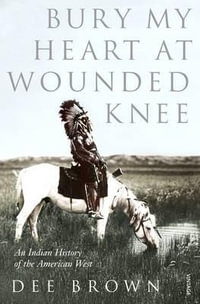The first comprehensive study of self-purchase in the United States from the American Revolution to the Civil War
Enslaved people lived in a world in which everything had a price. Even freedom. Freedom's Currency follows enslaved people's efforts to buy themselves out of slavery across the United States from the American Revolution to the Civil War. In the first comprehensive study of self-purchase in the nation, Julia Wallace Bernier reveals how enslaved people raised money, fostered connections, and made use of slavery's systems of value and exchange to wrest control of their lives from those who owned them. She chronicles the stories of famous fugitives like Frederick Douglass, who, with the help of friends and supporters, purchased his freedom to protect himself against the continued legal claims of his enslavers and the possibility of recapture. She also shows how enslaved fathers like Lunsford Lane and mothers like Elizabeth Keckley tried to secure lives for their families outside of slavery.
Freedom's Currency argues that freedom played a central role in the social and economic lives of the enslaved and in the ways that these aspects of their lives overlapped. This intimate portrait of community illuminates the complexity of enslaved people's ideas about their place at the intersection of slavery and American capitalism and their attempts to value freedom above all. Given the stakes-liberation or remaining enslaved-it is an account of both triumph and devastating failure.
Industry Reviews
"Freedom's Currency is probably the most original history of American slavery published in recent years. It is not only the first comprehensive history of self-purchase by the enslaved in the United States, but it also upends conventional understandings of buying freedom for oneself and kinfolk as simply bolstering the system of slavery. In this theoretically sophisticated and astutely argued book, Julia Bernier makes important interventions in the historical literature on slavery and capitalism as well as the multifaceted ways in which Black people and abolitionists resisted enslavement. She reveals how African American dreams of freedom intersected with American propertied freedom bequeathing us a complex heritage in which the long afterlives of slavery continue to haunt demands for Black liberation." * Manisha Sinha, author of The Slave's Cause: A History of Abolition *
























